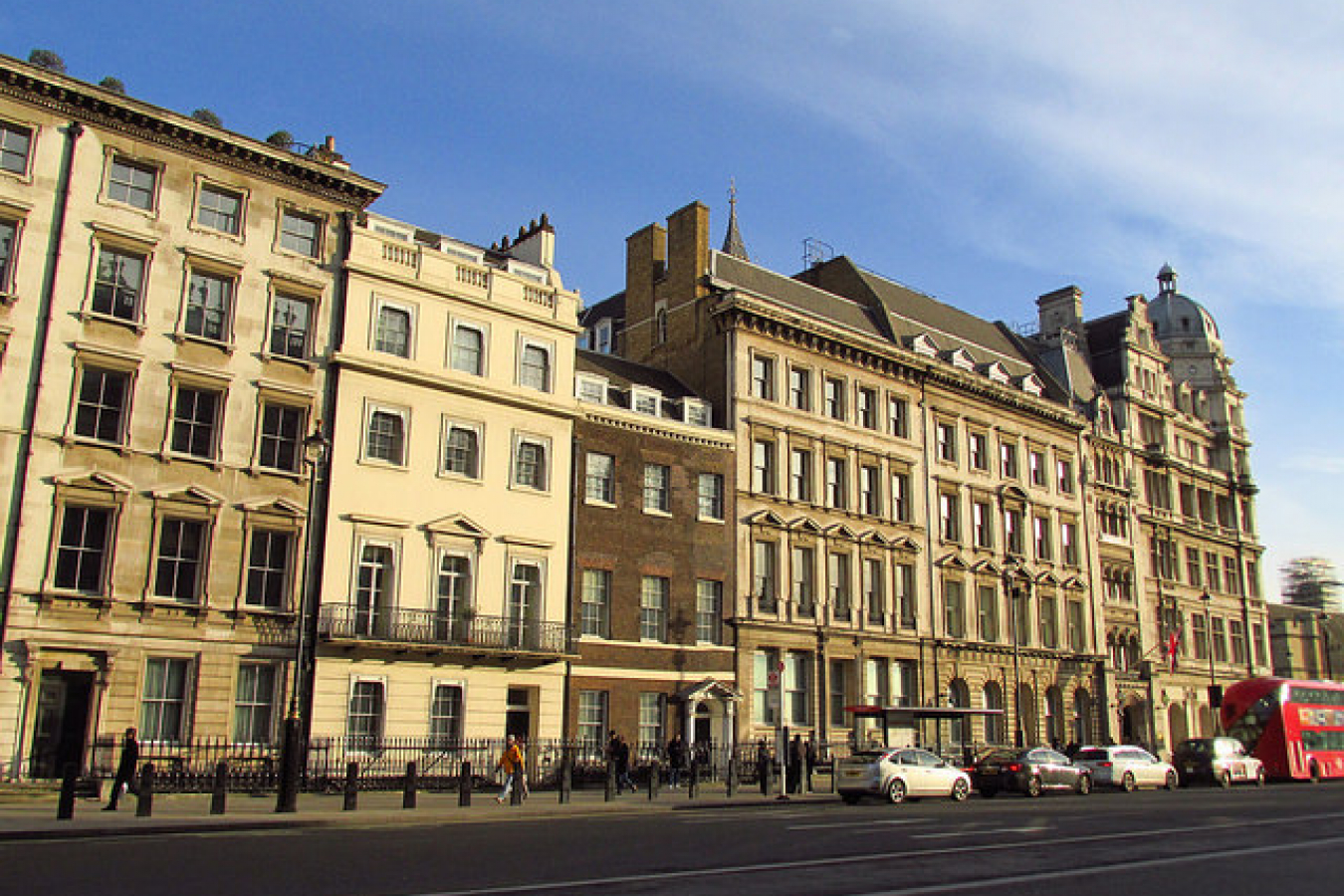On 22 July 2009 the Border Citizenship and Immigration Act 2009 went into force. Customs and Immigration officers now work together and have the power to ask questions relating to both immigration and customs matters. Many passengers will now only need to deal with one checkpoint. On 5 August 2009 4,500 HM Revenue and Customs staff will formally become part of the UK Border Agency.

Following creation of the UK Border Agency in April 2008 more than 3,500 officers have been trained to deal with both immigration and customs checks. According to the Government announcement UKBA has been responsible for:
- Stopping over 30,000 individual attempts by illegal migrants to gain entry to the UK via France and Belgium;
- Stopping the illegal use of 12,900 dangerous weapons, including firearms, stun guns and knives;
- Seizing over £379 million worth of illegal drugs;
- Seizing in excess of 923 million cigarettes – The Government would normally expect about £174 million in tax revenue from the sale of this quantity of cigarettes.
It should be noted that illegal drugs are still widely available in the UK and indeed many other Countries around the World. Also, "black market" cigarettes are widely available in the UK.
Phil Woolas Border and Immigration Minister said:
'This is part of the biggest transformation of our border controls in a generation. A unified force at the Border with the powers to carry out customs and immigration checks allows us to continue the crack down on illegal immigration and the smuggling of drugs and weapons.
'I am determined that Britain's border remains one of the strongest in the world. This Act is an important part of ensuring it stays that way.'
'This new Act ensures that those who want to stay earn the right to do so, learn to speak English and play by the rules. Those that don't will not be allowed to become citizens, making our system both firmer and fairer.
'I want to go further and within the next few weeks we will publish a consultation to examine how the current points based system for economic migrants, which has proved to be an effective and powerful tool for controlling migration, could be applied to citizenship.'
The Home Office also intends to extend the points based system so that it is also relevant for those who wish to become British Citizens. This will in effect make it more difficult and complicated to become British citizens.




